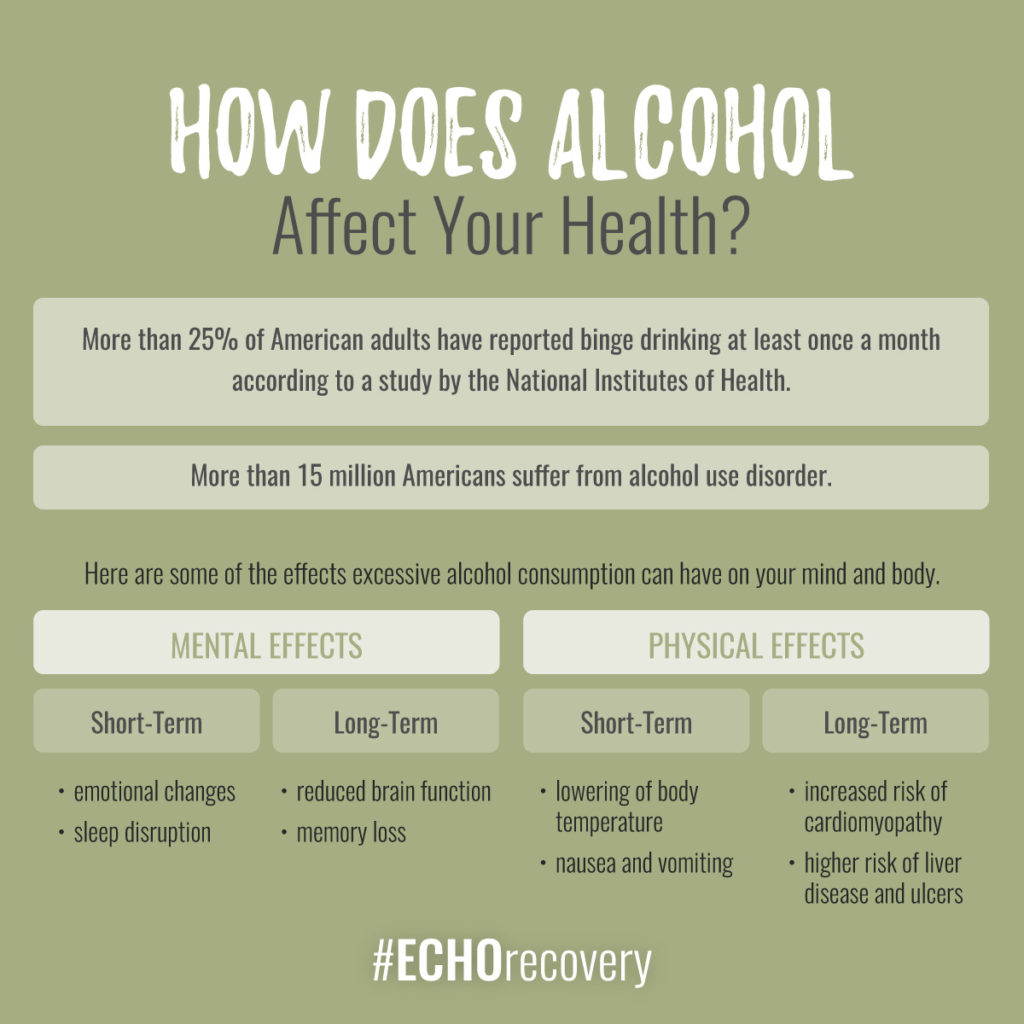A high-profile international alcohol study with a local connection has been grounded.
Recently, the National Institutes of Health (NIH) cut off funding of a multimillion-dollar study of the effects of one drink of alcohol a day.
The primary research had been taking place in the Johns Hopkins ProHealth Clinical Research Center in Baltimore. Researchers from Johns Hopkins Medicine were involved, as were 15 other institutions from around the world, such as Wake Forest Baptist Medical Center and the University of Copenhagen.
Why Was the International Study Halted?
 NIH stopped funding the study, formally known as The Moderate Alcohol and Cardiovascular Health Trial (aka MACH15), because the lead researcher and a few agency employees appeared to be “too cozy with the industry.” And by “industry,” we mean alcohol industry.
NIH stopped funding the study, formally known as The Moderate Alcohol and Cardiovascular Health Trial (aka MACH15), because the lead researcher and a few agency employees appeared to be “too cozy with the industry.” And by “industry,” we mean alcohol industry.
Concerns were initially raised back in March when The New York Times investigated the alcohol industry’s influence over this Johns Hopkins-based study.
The Times’ article suggested that some NIH employees actively courted the alcohol industry’s involvement in the study, and that these employees were already insinuating that the results of the trial would endorse moderate drinking as healthy.
The trial’s lead researcher, Dr. Kenneth Mukamal of Beth Israel Deaconess Medical Center in Boston, retorted that the framing of the study had “no input or direction whatsoever from private sponsors, who have had no contact regarding MACH15 with any study staff member since the trial began.”
Other Reasons the Study Lost Its Funding
There were a couple of other reasons cited by NIH in its decision to halt the funding of MACH15:
- NIH found that employees of its National Institute of Alcohol Abuse and Alcoholism were in such constant communication with Dr. Mukamal that it undermined the scientific integrity of the trial.
- An NIH investigation also found that its employees and MACH15 researchers appeared to frame the study in a way that its findings would support moderate alcohol consumption, which was what The New York Times’ report suggested, as well.
How Was the Trial Being Funded?
Yes, funding for the trial was coming from the National Institutes of Health, but it’s more complicated than that. More specifically it was coming from a private foundation that raises money for NIH. And, this private foundation was taking donations from Anheuser-Busch InBev, Heineken and other alcohol corporations.
NIH investigated this foundation recently and found no signs of foul play in how it raised money for the MACH15 trial.
What Exactly Were They Studying?
The researchers of MACH15 were testing to see if one alcoholic beverage per day decreases the risk of heart diseases and diabetes. It was supposed to be a 10-year trial, and the study had garnered 105 participants, many of whom were approached in Baltimore by Johns Hopkins researchers.
The trial began in mid-2017, and had eaten up $4 million of its $100 million budget prior to NIH’s decision to call it off. The Baltimore Sun reported that it will still take several months for the researchers to wind down and close out the trial.
NIH has said it will take action against the employees who violated procedures, but the agency did not specify the extent of such discipline.
So What Conclusion Can We Draw?
Although it’s not entirely conclusive that NIH and MACH15 researchers colluded with the alcohol industry in this study – and the results will never come out, anyway – it still calls into question the purity of similar studies – in years past and yet to be conducted.

Every year or so, it seems like a new study comes out that has a conclusion such as, “One drink a day is good for you,” or, “One drink per day will shorten your life span.” For example, many U.S. and U.K. news outlets reported on a Finnish study in 2016 and proclaimed that a glass or two of wine with dinner boosts mental and physical health.
However, those publishers overlooked that these results had much to do with lifestyle factors: Wine drinkers tend to make better nutritional choices, and many come from well-off backgrounds, meaning they have access to healthier foods.
What happened with the MACH15 trial does make you wonder if there are outside forces influencing the outcome of alcohol and drug studies.
The Independent reported on a Mediterranean Neurological Institute, Pozzilli review in 2016 and concluded, “A Pint of Beer a Day Could Protect You from Heart Attacks.” However, The Independent and other news outlets overlooked that an Italian beer trade association funded the study.
Latest Parallel to the MACH15 Trial
While we will never know the results of the MACH15 trial, there was a study that wrapped up earlier this year that has several similarities. An international team of researchers analyzed data on nearly 600,000 people in 19 countries, with self-reported data reaching as far back as 1964.
The Lancet medical journal published the study, and new agencies had slightly different takes and degrees of alarm based on the findings. Here are a few of the headlines:
From NBC News: “More than 5 Drinks a Week Could Shorten Lives by Years”
From CNN: “Even One Drink a Day Could Be Shortening Your Life Expectancy”
From CBS News: “For Longevity, Have No More than One Drink a Day”
Our Take
No matter what studies have come out or will come out, we don’t need to wait for them to tell us that alcohol is risky and can harm one’s health if abused. We’ve seen it, and we’ve helped many people find their way in beating this addiction.
And while a drink here or there isn’t the end of the world for most people, we do know that if you go out of your way to get in at least one or two drinks each day, then that can develop into an addiction before long.
So if you’ve found yourself struggling to go a day without drinking or you have a family member who’s battling alcoholism, learn what the full process of recovery requires and how we can help you find appropriate treatment.
Explore the Addiction Continuum of Care
Jenny Weatherall is the co-owner and CEO of Eminent SEO, a design and marketing agency founded in 2009. She has worked in the industry since 2005, when she fell in love with digital marketing… and her now husband and partner, Chris. Together they have 6 children and 3 granddaughters.
Jenny has a passion for learning and sharing what she learns. She has researched, written and published hundreds of articles on a wide variety of topics, including: SEO, design, marketing, ethics, business management, sustainability, inclusion, behavioral health, wellness and work-life balance.


